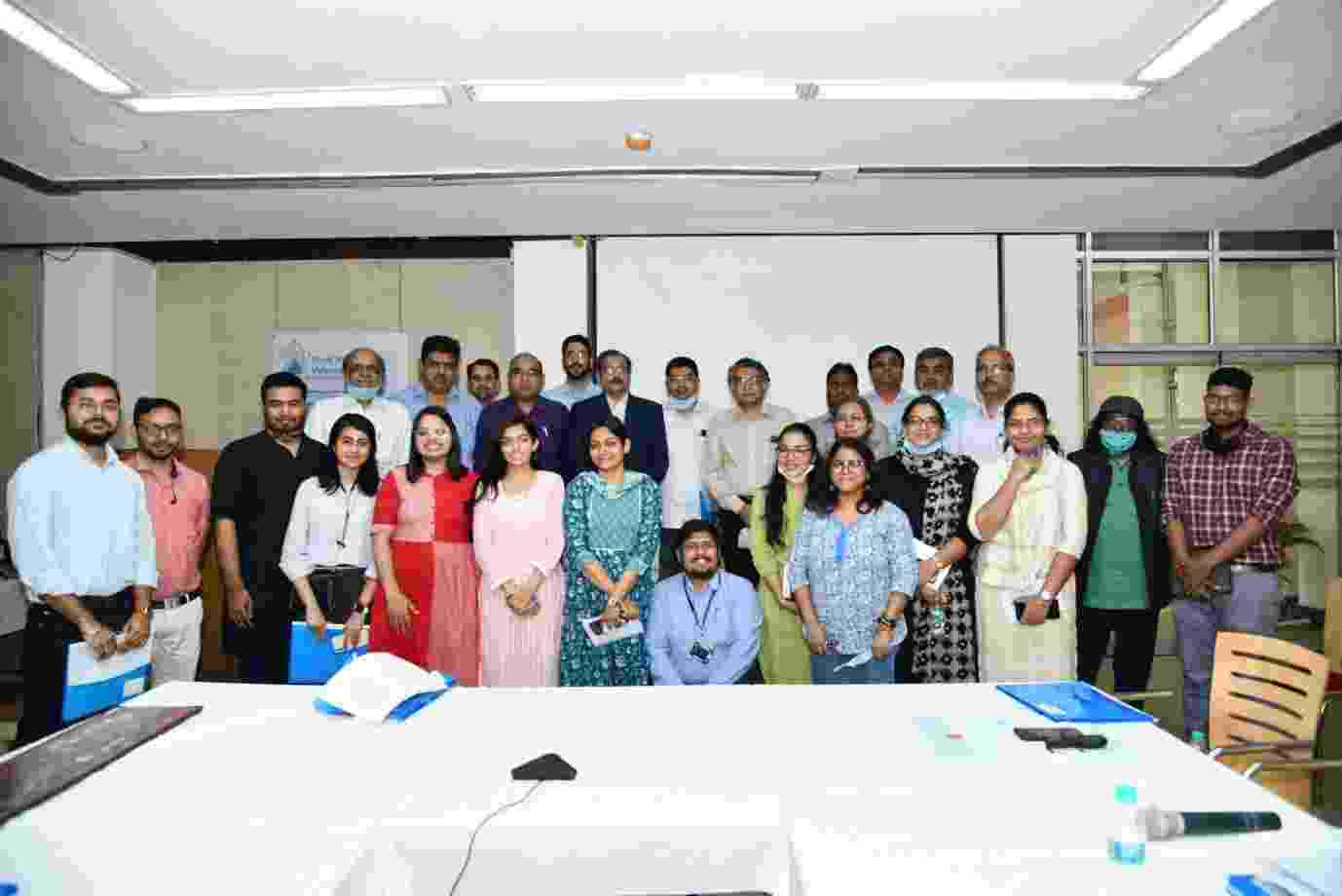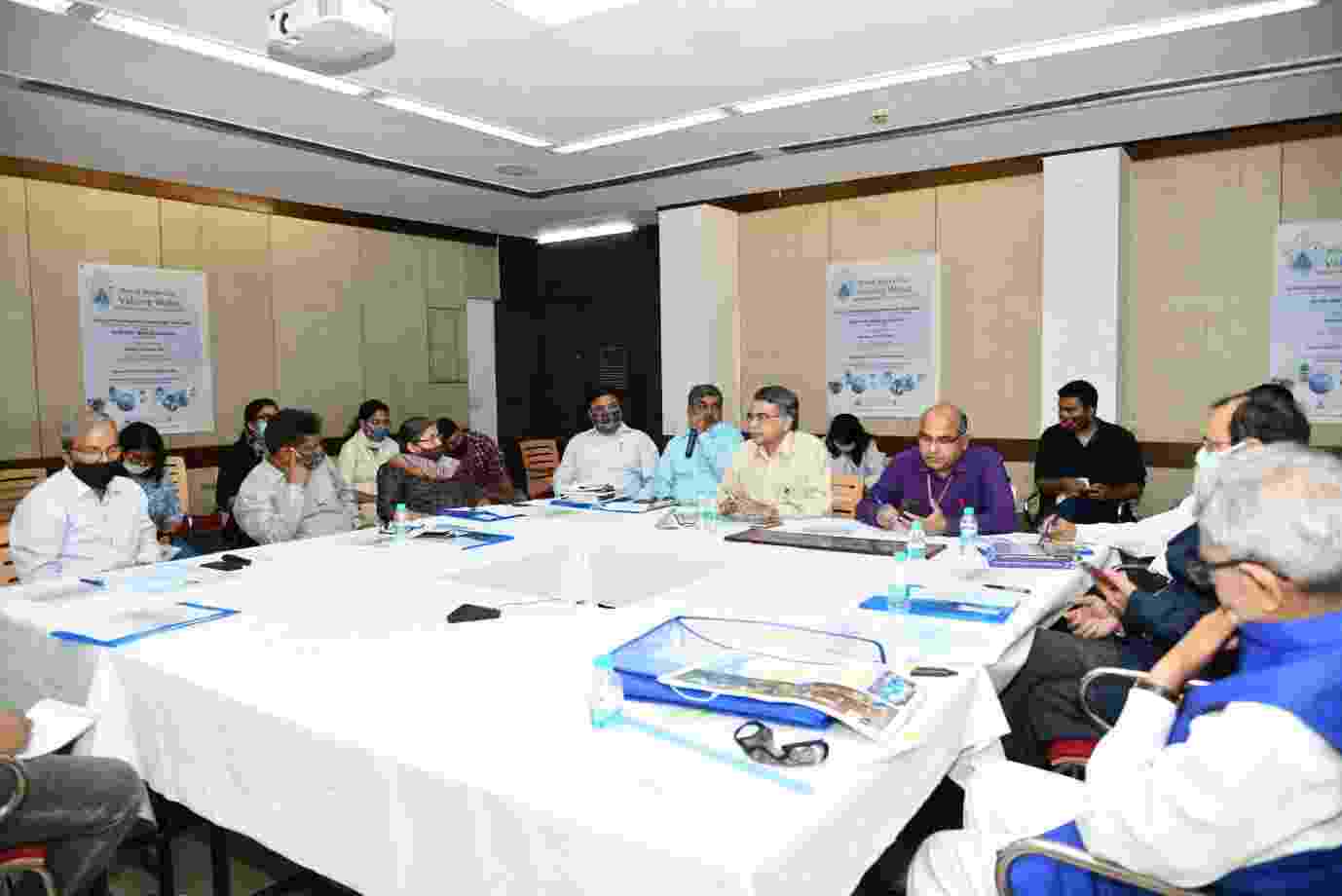Valuing water in the National Capital Territory of Delhi
India Collaboratory members at SPA New Delhi celebrate World Water Day with a stakeholder workshop
23 March 2021
To mark World Water Day 2021, members of our India Collaboratory organised and held a workshop on valuing water in the National Capital Territory of Delhi.
Held at the School of Planning and Architecture, New Delhi, the aim of the workshop was to build upon meaningful interactions with various stakeholders and to gather relevant inputs on ‘what water means to them’. The objectives of the workshop were to ascertain water values of diverse stakeholders involved in the provisioning and policy making for water and sanitation in the National Capital Territory of Delhi.


The workshop was attended by approximately 40 delegates including 10 eminent stakeholders, comprising of two executive engineers from Delhi Jal Board; a town planner from Delhi Development Authority (DDA) who was responsible for the preparation of Master Plan of Delhi, 2001; former Commissioner Planning of DDA, who was responsible for the preparation of Master Plan for Delhi, 2021; and Principal Director of Natural Heritage Division of Indian National Trust for Art and Cultural Heritage (INTACH), who was responsible for the preparation of Water Policy of Delhi, 2018.
The workshop was also attended by representatives of Member of Legislative Assembly (MLA) and President of Resident Welfare Association (RWA) of two electoral constituencies, Greater Kailash and Okhla, which are part of the Hub's detailed study in the Barapullah Basin.


In the morning session, Professor Ashok Kumar elucidated various forms of water values and how these are explicated through water policies and development plans in Delhi. Professor Kumar also clarified the distinction between water ethics and values. Professor R. Biswas discussed water values in Delhi.
A panel discussion on “Water Values of Stakeholders” was held in the afternoon session, with a focus on water values held by individuals, communities, and organisations, and how these water values could impact water security and sustainable urban development in Delhi. All stakeholders actively took part in the discussions and felt that valuing water is of paramount significance, and panellists also discussed ways in which water can be conserved. The panel discussion was moderated by Professor P.S.N. Rao and Professor Ashok Kumar.
A short film about water conservation was also shown by the Principal Director of Natural Heritage Division of Indian National Trust for Art and Cultural Heritage (INTACH). Responding to the film, the SPA Director took the decision to have water-saving altered nozzles installed for all taps on the SPA New Delhi campus. On the whole, the workshop presented a great opportunity for deeper interactions between the SPA team and stakeholders.



